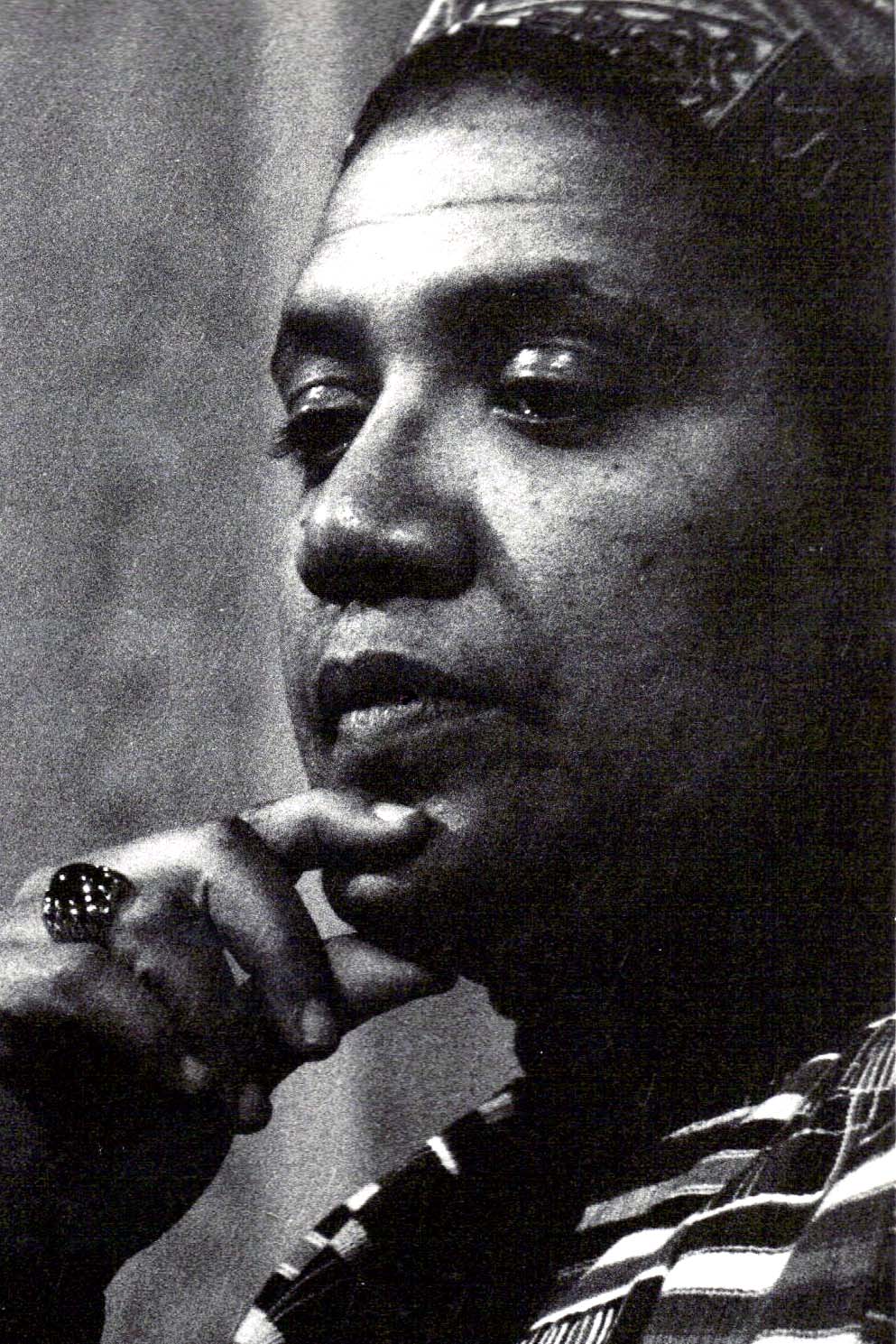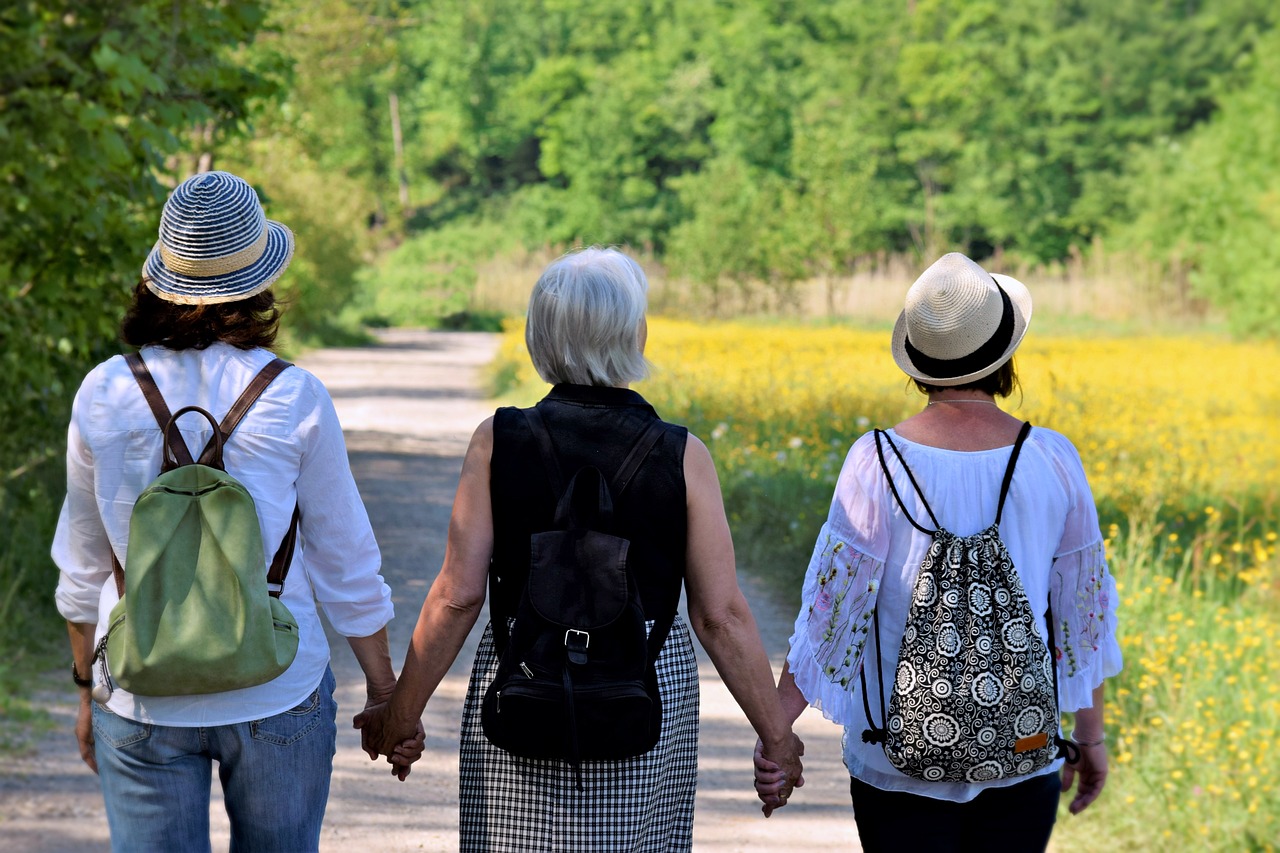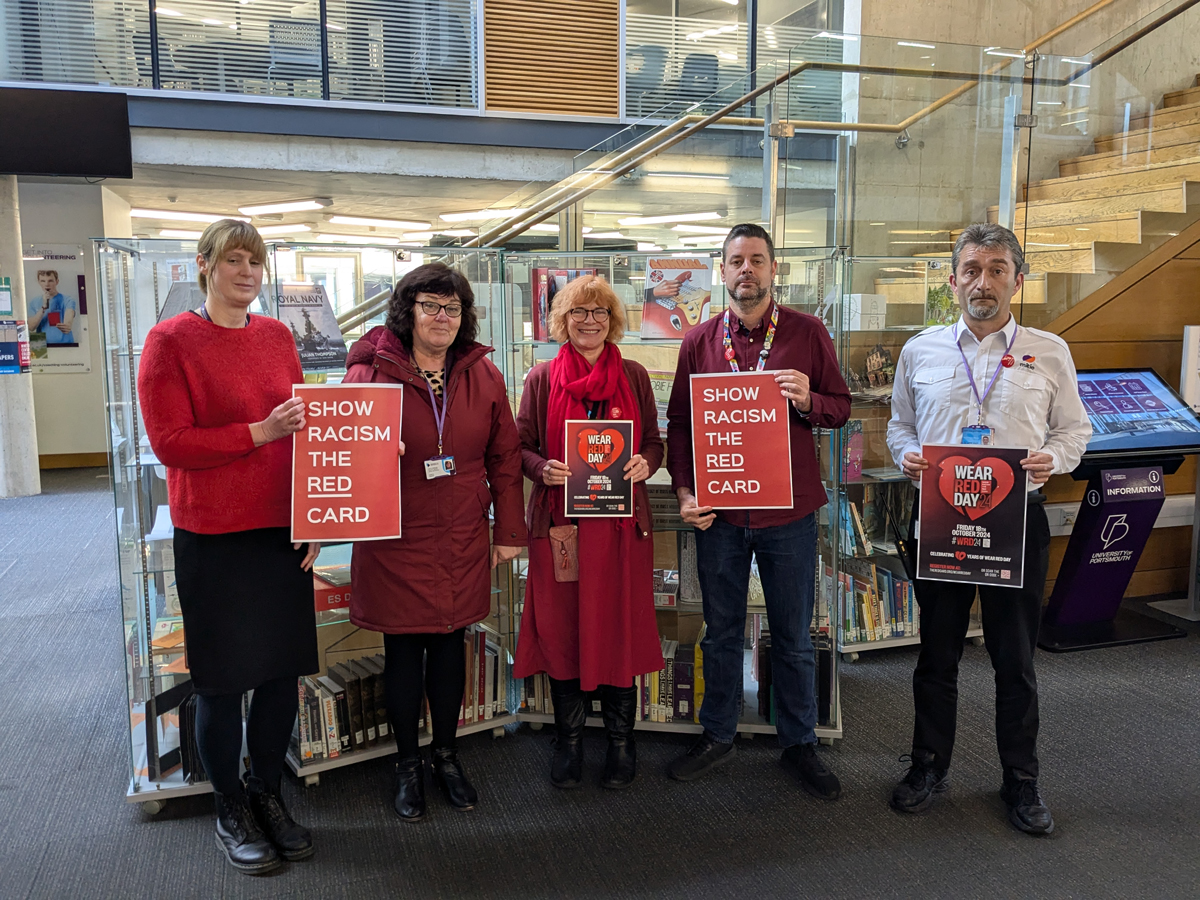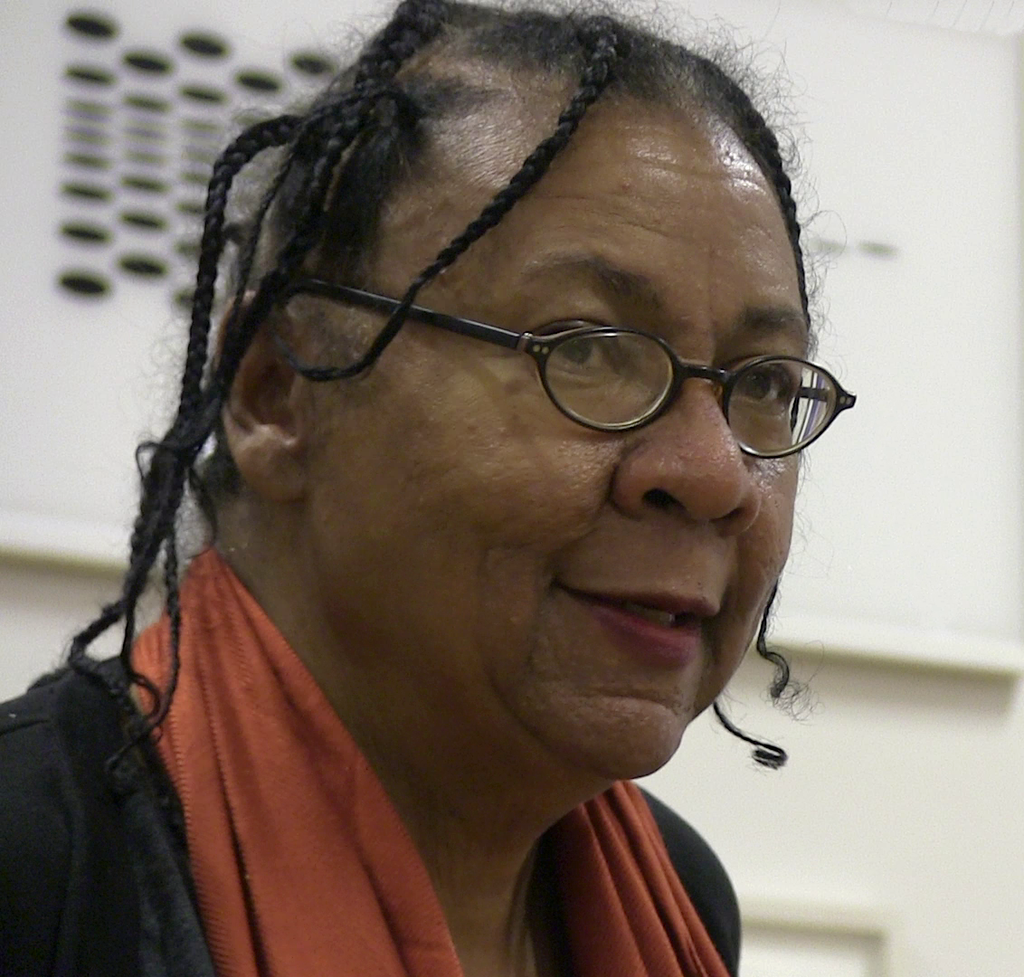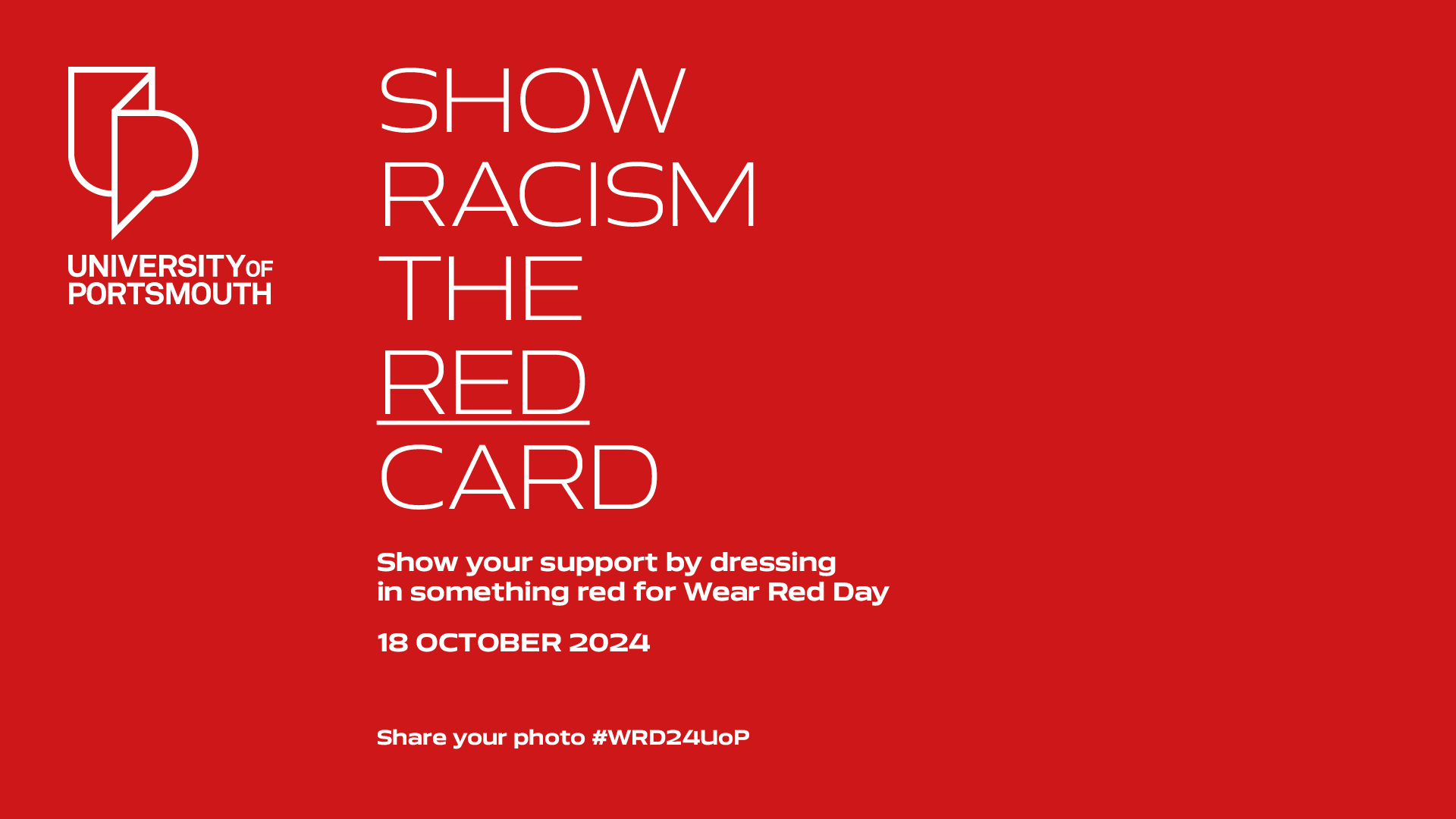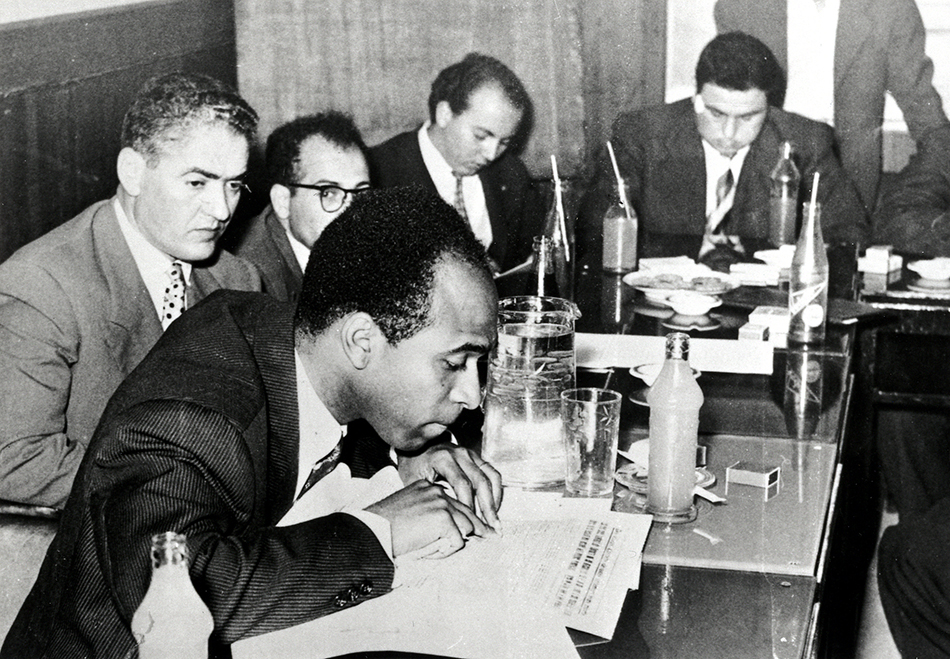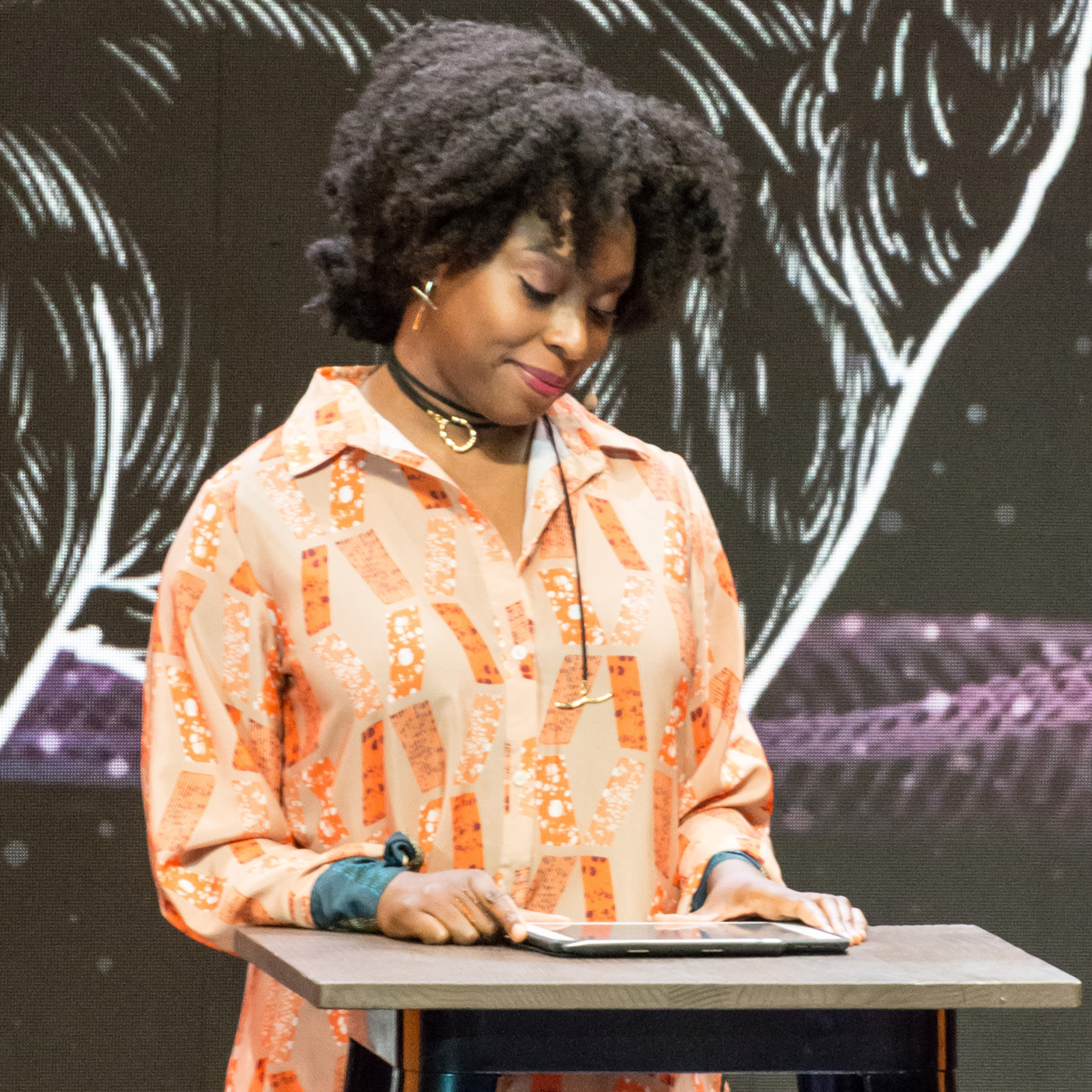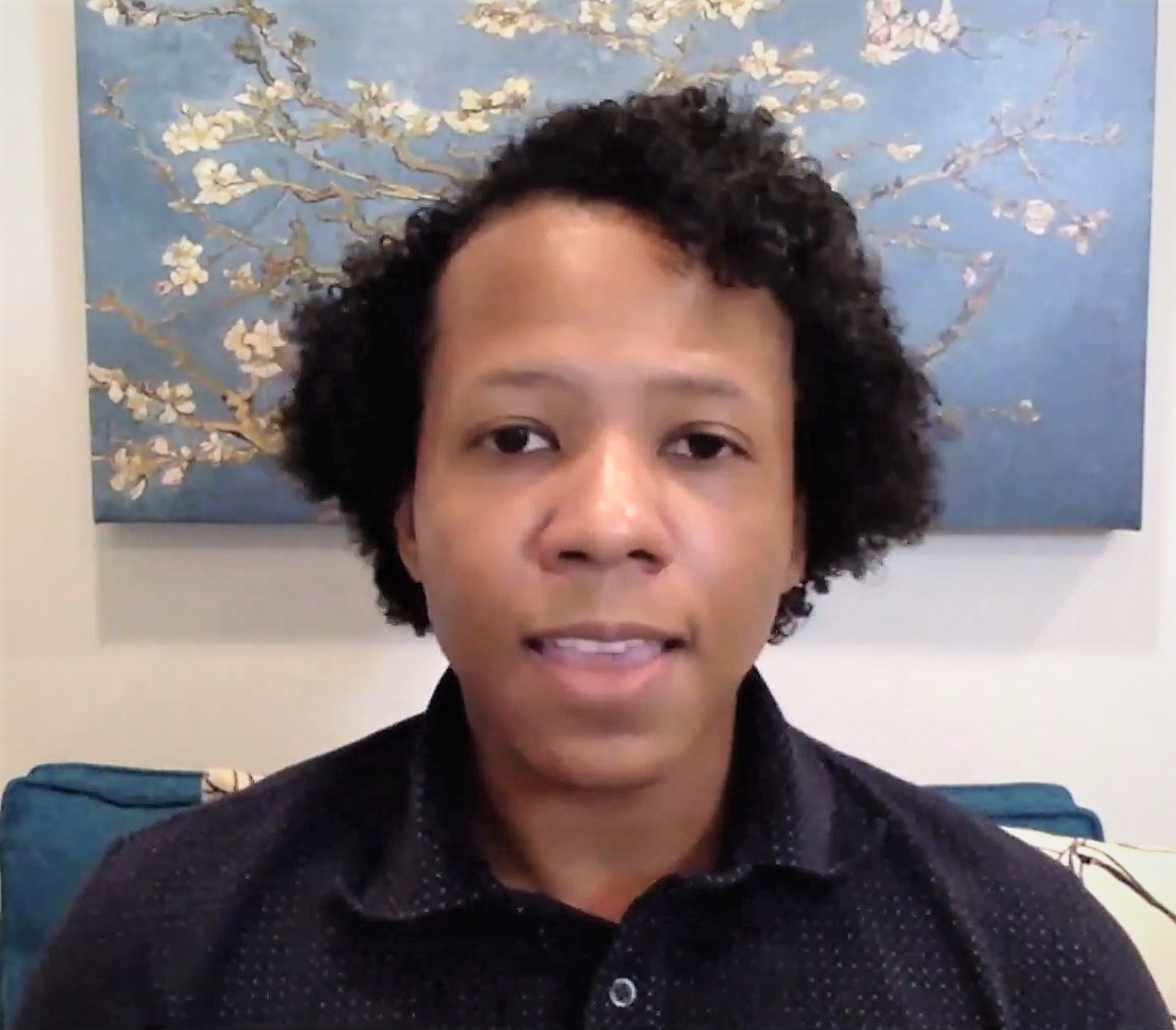We are delighted to be able to offer a breastfeeding pod to all nursing mothers, now available on the second floor of the Library. This new facility supports new parents by providing a safe and comfortable private space for breastfeeding and expressing milk, making it easier to combine work, study and motherhood.
These facilities are designed to provide a comfortable and private space for breastfeeding and expressing milk. The breastfeeding and expressing pods will help ease the transition back to work for new mothers, promote the well-being of both parent and child, and helps promote equality of opportunity across our diverse community.
